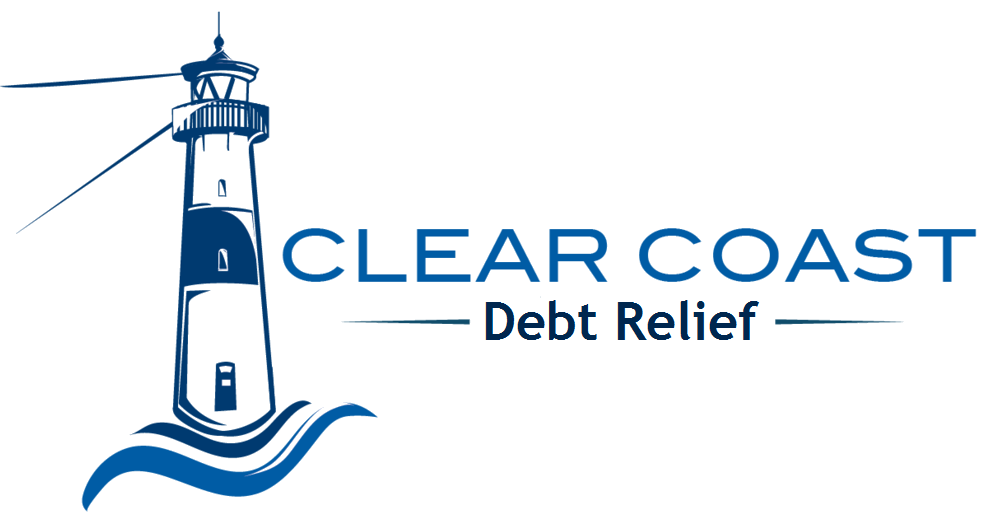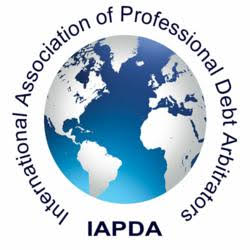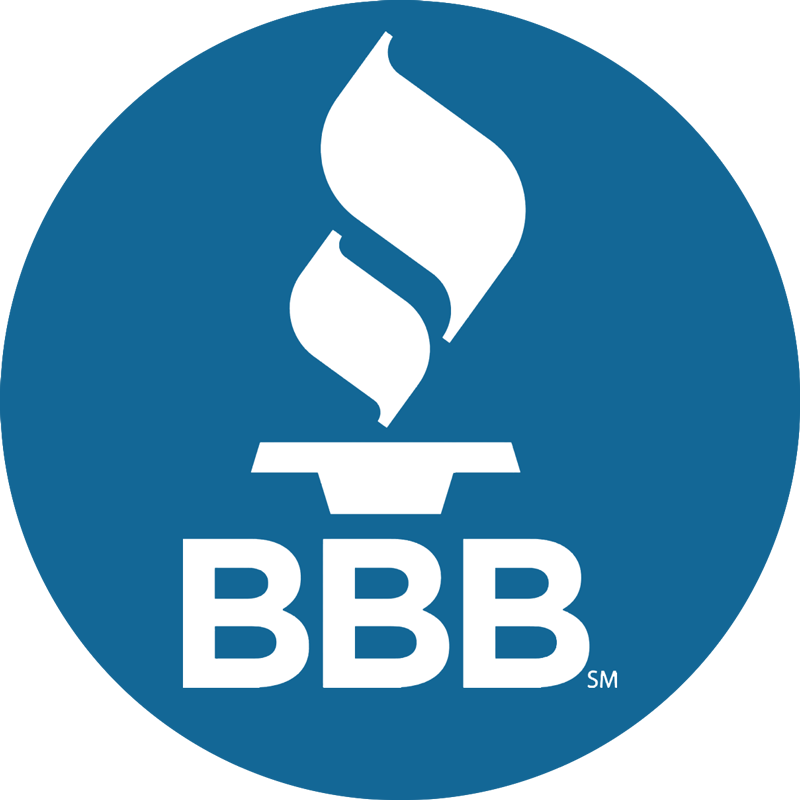How Debt Relief Affects Your FICO Credit Score: Comparing Bankruptcy vs. Debt Settlement
Your credit score is an up-to-date snapshot of your financial life. In the United States, there are three major credit bureaus that compile and issue credit reports for consumers. Virtually every American adult has a so-called FICO credit score.
FICO credit scores range from a rock-bottom reading of 300 to a pitch-perfect score of 850. Of course, the majority of Americans fall somewhere in between these two. Scores below 620 are generally considered to be fair or poor. Although 620 is not a hard-and-fast benchmark, scores in the mid-600s or higher are generally regarded as acceptable or good. Scores greater than 750 are considered to be excellent.
When you apply for a mortgage, car loan or credit card, your lender will obtain your credit score from one of the three major credit bureaus. It’s important to remember that each bureau maintains a slightly different record of your credit history. As such, your credit score will vary depending upon which bureau your lender uses. Unless there’s a major piece of information missing from one or more of these bureau’s records, your three credit scores are unlikely to be significantly different.
However, your credit score will fluctuate based on the credit-related decisions that you make over long periods of time. There are many different actions and non-actions that can positively or negatively affect your credit. If you wish to improve your credit score, it’s crucial that you understand how each of these decisions can affect your financial reputation.
If you’re reading this, there’s a good chance that you’re grappling with a significant amount of unsecured debts. These debts often come with high interest rates and relatively low spending limits. This means it can be especially devastating if you use unsecured debt such as credit cards and personal lines of credit irresponsibly. As your debts mount and you consider taking drastic action to keep your financial house from collapsing, you’ll want to consider how each of your debt-relief options could affect your credit score over the long term.
Two alternate options
If you’re unable to get rid of your debts by adhering to an aggressive payment schedule, getting a debt consolidation loan or using a credit counseling service, you’ll have two principal debt-relief options: debt settlement and bankruptcy. Both of these methods of debt relief will affect your credit score. Unfortunately, a temporary reduction in your credit score is the necessary price of a fresh financial start.
1.Filing for bankruptcy
Bankruptcy is a powerful debt relief tool. When you declare Chapter 7 bankruptcy, the bulk of your assets may pass into the control of a court-appointed trustee for division among your creditors. Since your secured creditors may be entitled to seize or sell the assets that secure their loans, you may not escape from the Chapter 7 bankruptcy process with your car or house.
Since bankruptcy will stay in your credit reports for seven or 10 years, it’s not advised that you do this except in the direst of financial circumstances.
Your credit score will take a serious hit if you declare bankruptcy. The amount by which your credit score drops will depend upon on what it was before you filed. In general, the higher your credit score was , the more it will drop.
Your credit score is essentially a “risk profile” that exists to predict how likely it is that you’ll make poor financial decisions. As such, a “surprise” bankruptcy declaration that blindsides your creditors will affect your score far more than debt settlement, which is a more expected situation that can come when you’ve accumulated multiple delinquent loans and maxed-out your credit cards.
If your credit score is 800 immediately before your bankruptcy, it could drop by as many as 250 points. If your credit score was a more modest 600, it might drop by only 150 points. Of course, the end result of either scenario is the same. In either case, you’ll find it far more difficult to procure reasonably priced loans, low-interest credit cards and lines of credit.
2.Why debt settlement could be better
For several reasons, many financial professionals consider debt settlement to be a superior alternative to bankruptcy. One of the principal reasons is the relatively mild effect it has on the typical borrower’s credit score.
When you enroll in a debt settlement program, your credit score is all but guaranteed to drop. The same basic rule that governs the post-bankruptcy credit score drop holds true for post-settlement drops: Higher credit scores tend to fall farther than lower credit scores.
However, the drop you will see after debt settlement is both less jarring and shorter-lived. In general, a program of debt settlement will cause your credit score to drop by about half as many points as a bankruptcy. Since the post-settlement drop is typically less, it’s measurably easier to begin rebuilding your credit after debt settlement than after bankruptcy. Since your credit score won’t be affected to such a serious degree, you’ll have more opportunities to procure the credit you will need to begin rebuilding your financial life.
There are plenty of additional reasons to choose debt settlement over bankruptcy. Whereas bankruptcy immediately becomes a matter of public record and remains open to discovery by your future employers and lenders, debt settlement is an accepted practice that shows you did as much as you could to repay your debts.
The debt settlement process also tends to wrap up within two to four years and may successfully wipe away thousands of dollars in outstanding unsecured debts. By contrast, the consequences of bankruptcy will remain for years. During that time, you may be unable to obtain a car loan, credit card or bank account.
If you would like to qualify for a settlement program, call 1-866-837-0095 for a free consultation.



